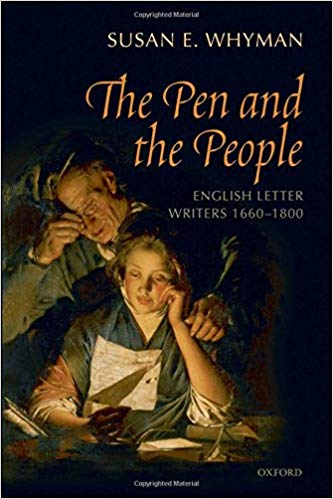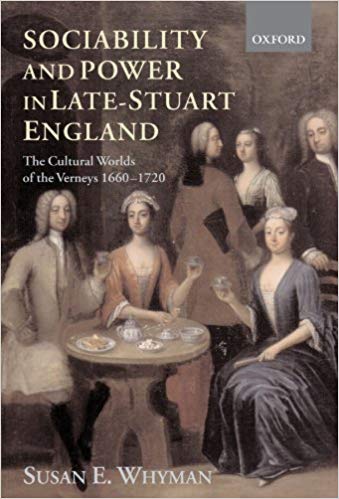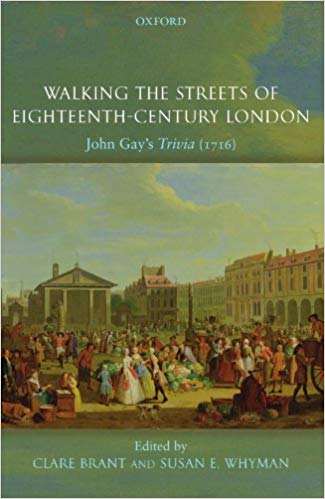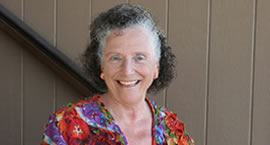
The Useful Knowledge of William Hutton
Culture and Industry in Eighteenth-Century Birmingham
(Oxford University Press, November 2018)
The Useful Knowledge of William Hutton shows the rapid rise of a self-taught workman and the city of Birmingham during the two major events of the eighteenth-century - the Industrial Revolution and the Enlightenment. Hutton achieved wealth, land, status, and literary fame, but later became a victim of violent riots. The book boldly claims that an understanding of the Industrial Revolution requires engaging with the figure of the "rough diamond", a person of worth and character, but lacking in manners, education, and refinement.
It also contends that the rise of Birmingham cannot be understood without accepting that its vibrant cultural life was a crucial factor that spurred economic growth. Readers are plunged into a hidden provincial world marked by literacy, bookshops, printing, authorship, and the spread of useful knowledge. We see that ordinary people read history and wrote poetry, whilst they grappled with the effects of industrial change. Newly discovered memoirs also address current problems of social mobility, income inequality, and breath-taking technological change that perplex us today.

The Pen and the People: English Letter Writers 1660-1800
(Oxford: Oxford University Press, 2009)
Winner of the 2010 Modern Language Association Prize
Susan Whyman draws on a hidden world of previously unknown letter writers to explore bold new ideas about the history of writing, reading and the novel. Capturing actual dialogues of people discussing subjects as diverse as marriage, poverty, poetry, and the emotional lives of servants, The Pen and the People will be enjoyed by everyone interested in history, literature, and the intimate experiences of ordinary people.
Based on over thirty-five previously unknown letter collections, it tells the stories of workers and the middling sort -- a Yorkshire bridle maker, a female domestic servant, a Derbyshire wheelwright, an untrained woman writing poetry and short stories, as well as merchants and their families. Their ordinary backgrounds and extraordinary writings challenge accepted views that popular literacy was rare in England before 1800.
This democratization of letter writing could never have occurred without the development of the Royal Mail. Drawing on new information gleaned from personal letters, Whyman reveals how the Post Office had altered the rhythms of daily life long before the nineteenth century. As the pen, the post, and the people became increasingly connected, so too were eighteenth-century society and culture slowly and subtly transformed

Sociability and Power in Late-Stuart England: The Cultural Worlds of the Verneys 1660-1720
(Oxford: Oxford University Press, 1999, paperback, 2001)
Nominated for the 2000, Longman/History Today Prize
This highly original study looks at rituals of sociability in new and creative ways. Based upon thousands of personal letters, it reconstructs the changing country and London worlds of an English gentry family, and reveals intimate details about the social and cultural life of the period.
Contesting current influential opinions, the book observes strong connections, instead of deep divisions, between country and city, land and trade, sociability and power. Its very different view undermines established stereotypes of omnipotent male patriarchs, powerless wives and kin, autonomous elder sons, and dependent younger brothers. Gifts of venison and visits in a coach reveal unexpected findings about the subtle power of women over the social code, the importance of younger sons, and the overwhelming impact of London.
Successfully combining storytelling and historical analysis, the book recreates everyday lives in a period of overseas expansion, financial revolution, and political turmoil.

Walking the Streets of Eighteenth-Century London: John Gay’s Trivia 1716, co-edited with Clare Brant
(Oxford: Oxford University Press, 2007, paperback 2009),
Will entertain and inform all who are interested in literature, history and the city of London.
This unique book invites the reader to walk along the dirty, crowded and fascinating streets of eighteenth-century London in an unusual way. Nine leading experts from the fields of literature, history, classics, gender, biography, geography, and costume offer different interpretations of John Gay's poem Trivia or, the Art of Walking the Streets of London (1716).
The poem - a lively, funny, and thought-provoking statement about urban life - accompanies the essays, in a new edition with comprehensive notes. The introduction paints a vibrant picture of London in 1716, depicting Gay's fascinating life and literary world, and offering an invaluable guide to the poem. Together, these elements allow the heat, grime, and smells of eighteenth-century London to come alive in new ways
.

